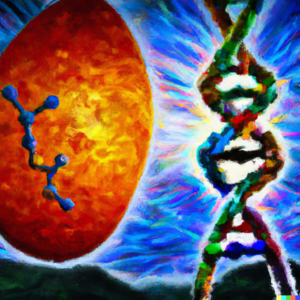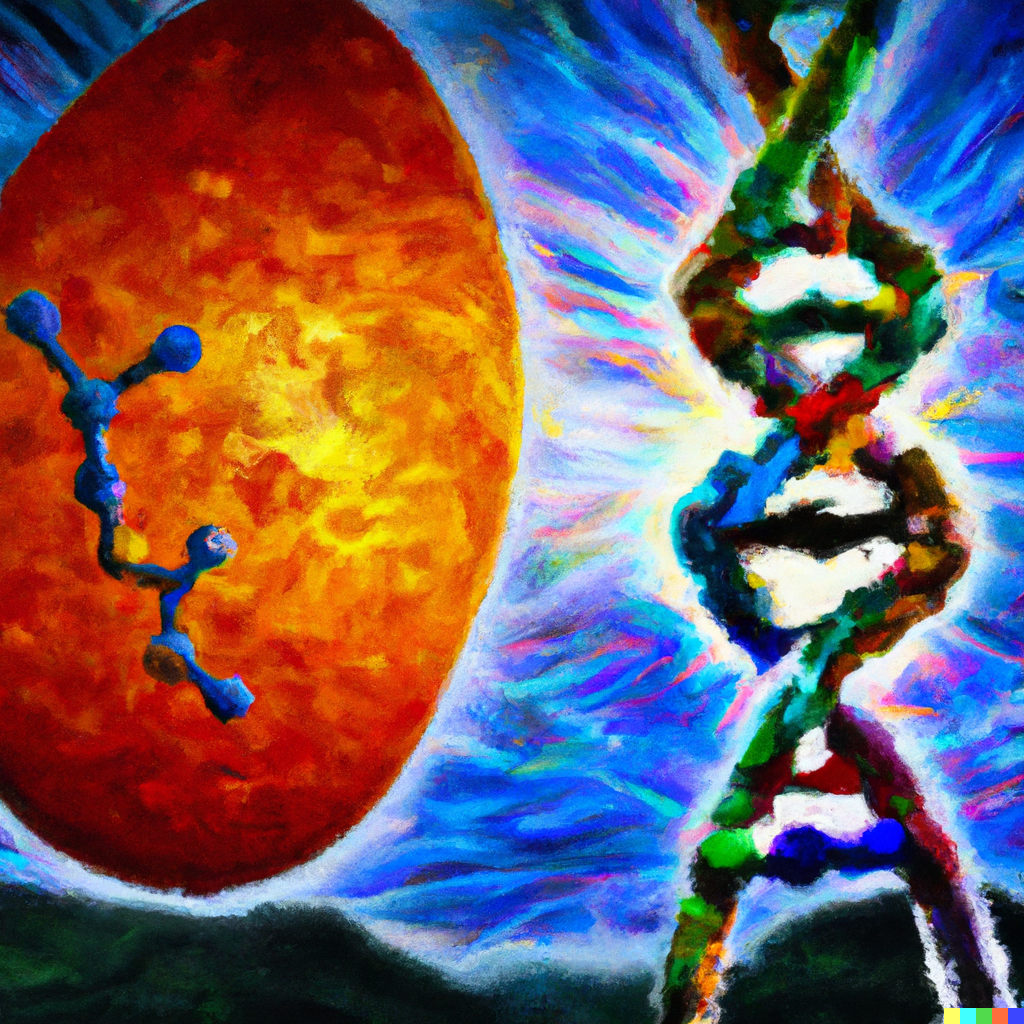 |
The somatic mutation theory of cancer is a proposed mechanism for the development of cancer in mammals. It suggests that cancer arises from mutations in the genes of somatic (non-reproductive) cells.
According to the somatic mutation theory of cancer, the development of cancer is a multistep process that involves the accumulation of mutations in the genes of somatic cells. These mutations can arise from a variety of sources, including environmental factors (such as exposure to radiation or chemicals), errors during DNA replication, and inherited genetic predispositions.
The somatic mutations that occur in cancer cells can affect a variety of genes that are involved in cell growth and division. For example, mutations in genes that encode for proteins that regulate cell division, such as the p53 gene, can cause uncontrolled cell growth and proliferation. Mutations in genes that encode for proteins that repair damaged DNA, such as the BRCA1 gene, can also lead to the accumulation of additional mutations in cancer cells.
The somatic mutation theory of cancer is supported by evidence from laboratory experiments, where cancer cells have been shown to have a higher number of mutations than normal cells. It is also supported by observations of cancer in humans, where different types of cancer have been shown to have different patterns of genetic mutations.
However, the somatic mutation theory of cancer is not without its critics. Some researchers argue that other mechanisms, such as epigenetic changes or viral infections, may also play a role in the development of cancer. Additionally, the somatic mutation theory does not explain why some people are more susceptible to developing cancer than others, or why some cancer treatments are more effective than others.
Despite these criticisms, the somatic mutation theory of cancer remains a valuable framework for understanding the development of cancer in mammals. By studying the mechanisms of somatic mutation and the genes that are affected by these mutations, researchers can develop more effective treatments for cancer and improve the prognosis for cancer patients.

